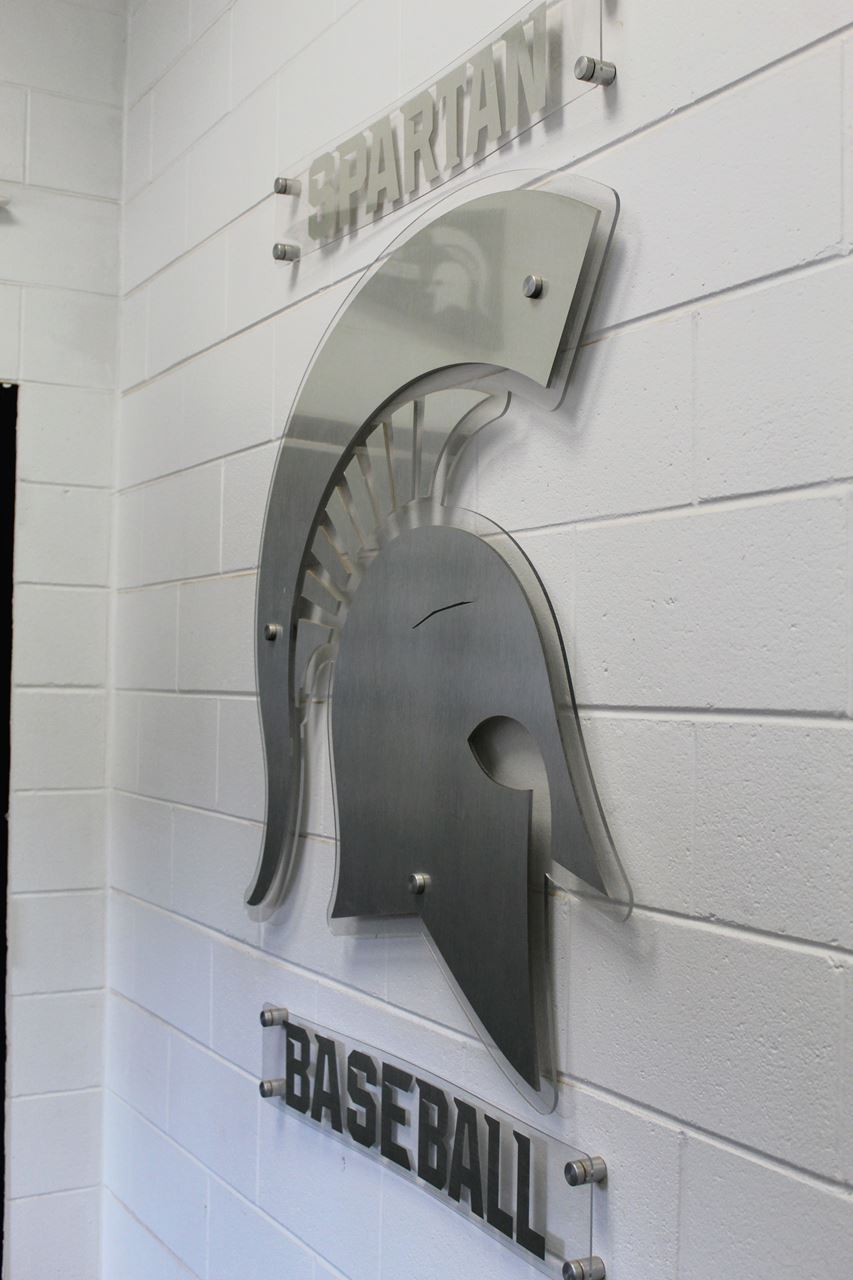Recently, Michigan State University hosted the Dean Shippey Diamond Classic at McLane Stadium. It gave us a chance to check in with Andy Flynn, Athletics Turf Manager for MSU and get an inside look at their operations.
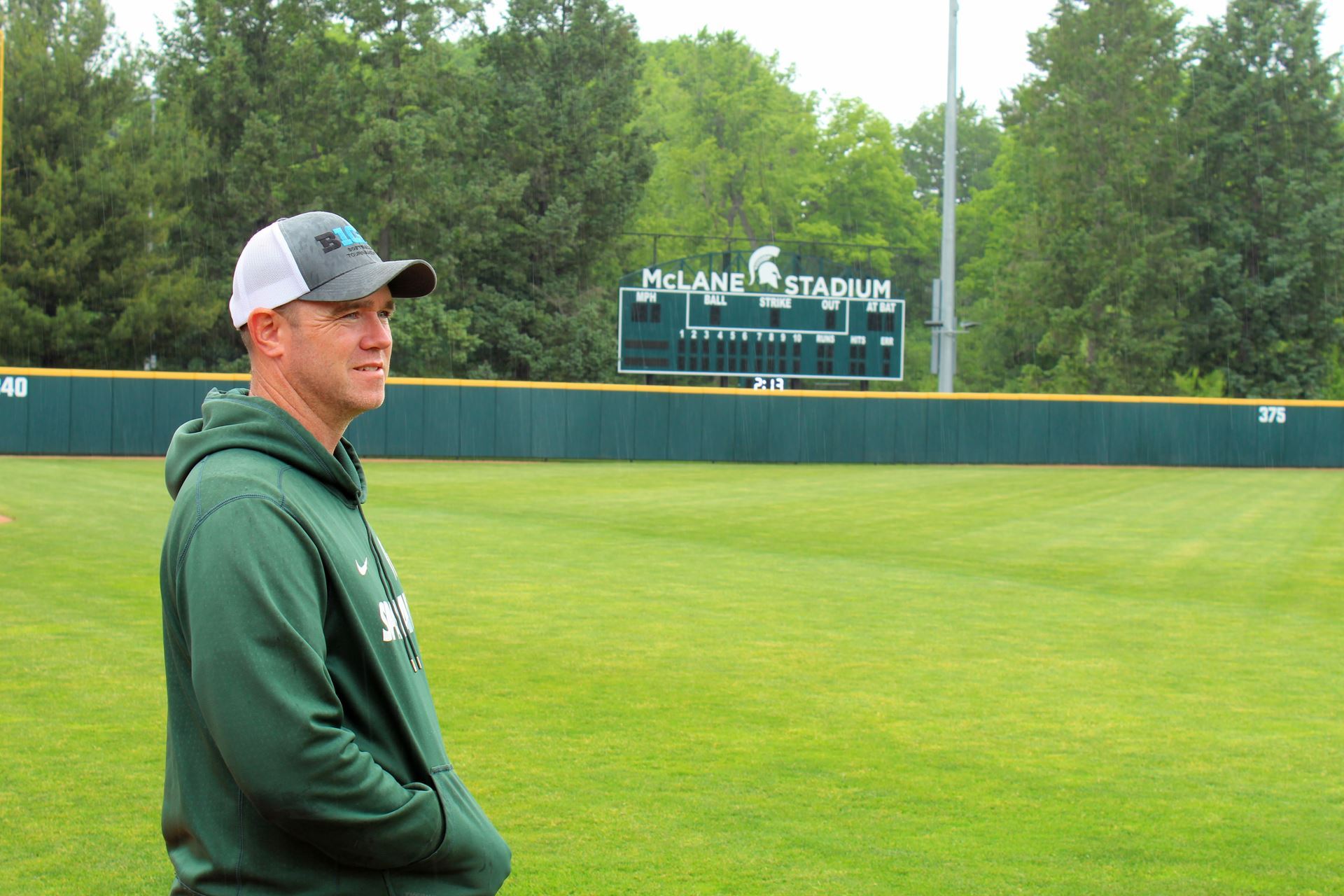 Flynn and his team were preparing for upcoming MHSAA Girls State Soccer Finals as well as Baseball Semis and State Finals for all four divisions. It’s a lot of work that includes management of the entire facility during the events. In addition to the field maintenance, his crew takes care of all landscaping and the field equipment including the goals, nets, tarps, paint and clay work for each game.
Flynn and his team were preparing for upcoming MHSAA Girls State Soccer Finals as well as Baseball Semis and State Finals for all four divisions. It’s a lot of work that includes management of the entire facility during the events. In addition to the field maintenance, his crew takes care of all landscaping and the field equipment including the goals, nets, tarps, paint and clay work for each game.
“The guys that I work with, they’re the ones that make it all happen. I’m super fortunate to have a great group of guys working here. Four have turfgrass degrees, (2) four year degrees, (2) two year degrees. All MSU grads. 4 full time guys, 2 turfgrass students and a couple part time employees.”
Flynn took over as the Athletics Turf Manager two and a half years ago. After completing his Commercial Turf Degree in 2001 and Crop and Soil Science Degree in 2003, Flynn stayed at MSU, going to work at Forest Akers Golf Course.
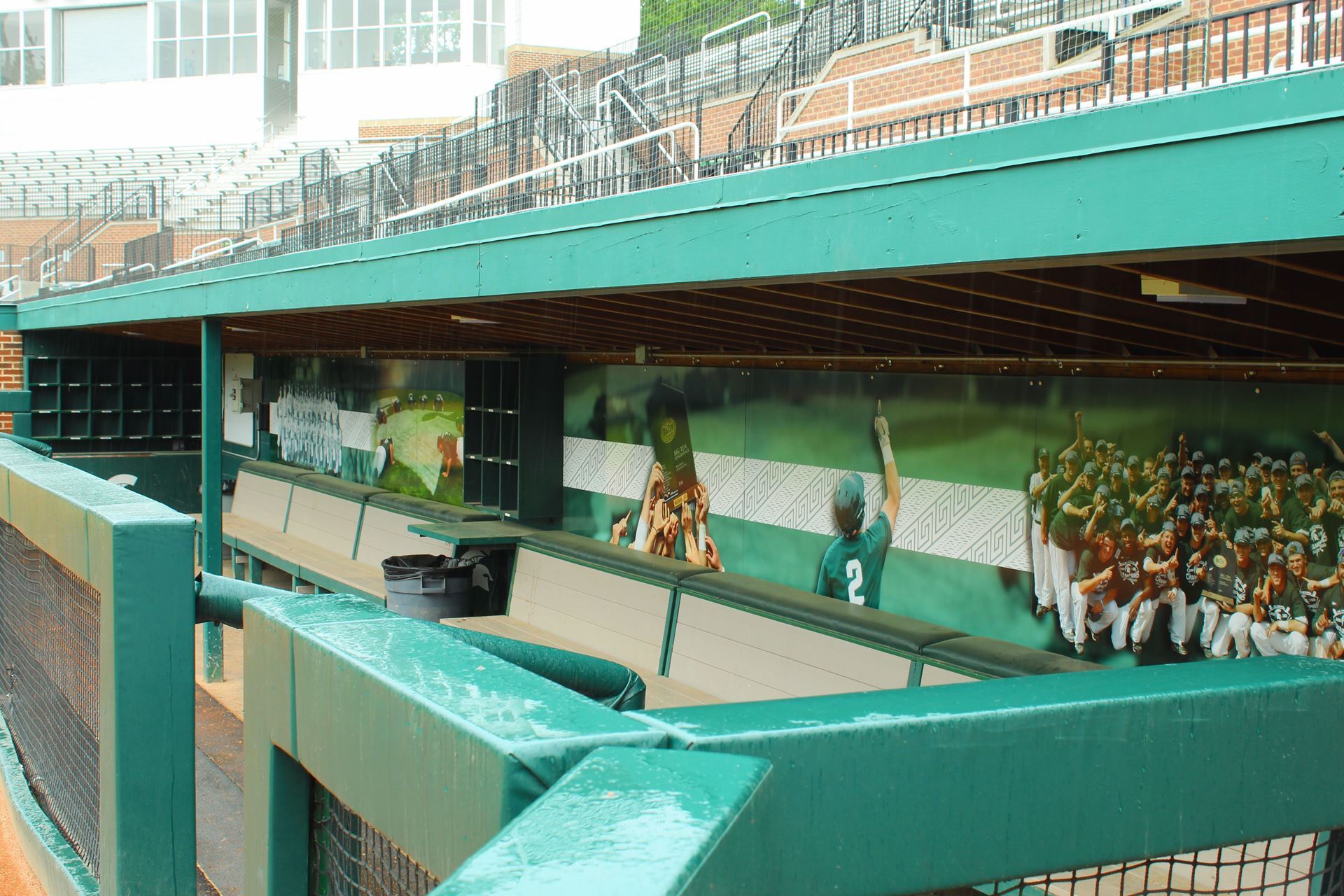
Two years later he transferred to the athletic fields and is now in charge of all the maintenance and upkeep of the MSU Varsity Athletic Fields. It includes (2) soccer fields, baseball and softball fields, the practice football complex and Spartan Stadium (15 acres of high maintenance/ high value turf) and the general grounds (rough), Landscaping and other common areas.
The crew, at this point in the season, is a staff of 9 full and part time people. “Most of the turf students do internships somewhere in the summertime, we’re lucky enough to have some stick around. Spring and Fall we have more part time help because it's busier, and of course we have the turf students. We get them part time to help out with stuff. We are fortunate to have a turf program, just on the other side of campus.”
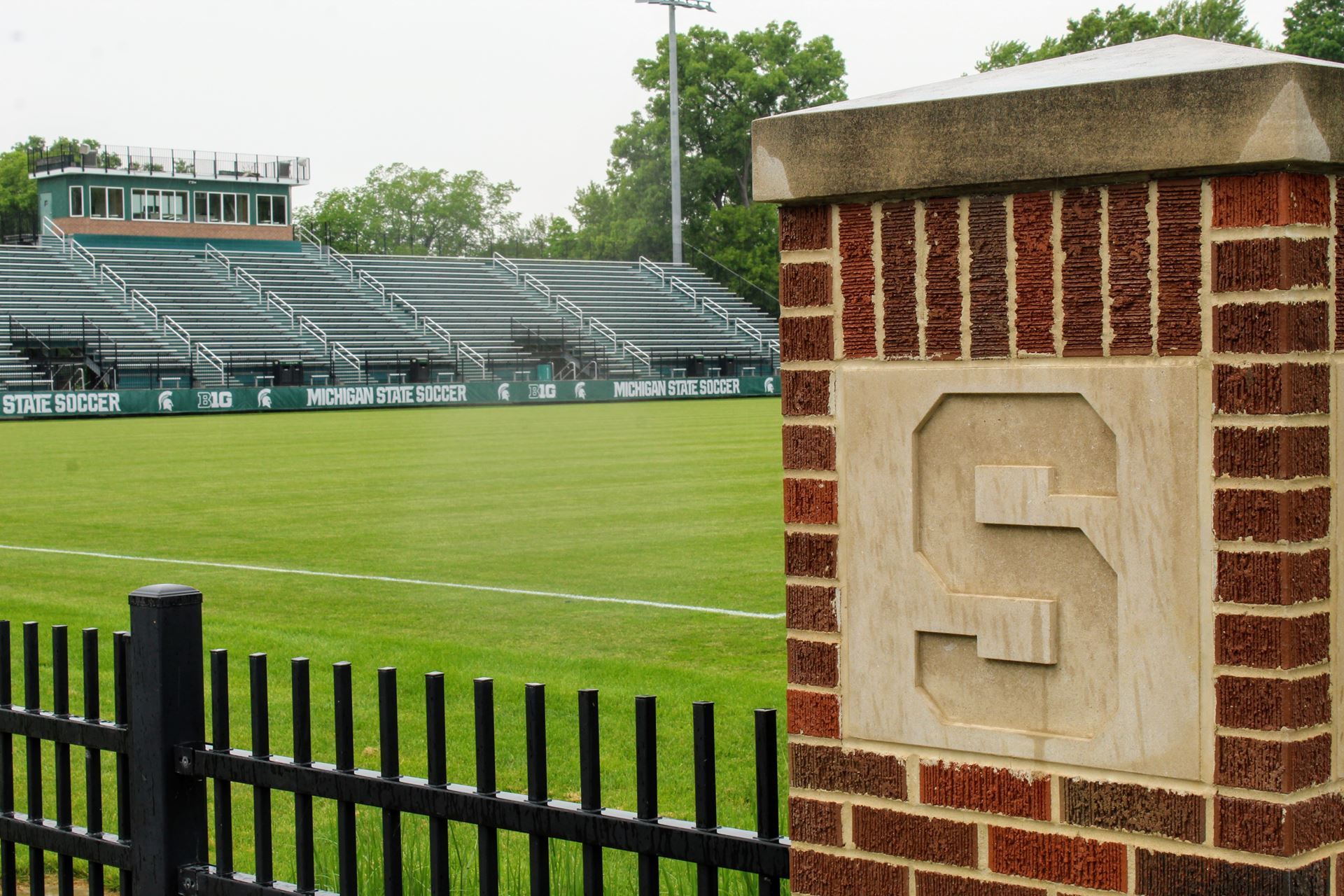 When asked about some of the differences between golf turf maintenance vs athletic fields, Flynn noted that golf courses are more turf intensive. “Athletic field cutting is at higher heights. We have other variables to deal with like 350 pound guys tearing up the field. We spend a lot of time regenerating plants and pushing recovery.”
When asked about some of the differences between golf turf maintenance vs athletic fields, Flynn noted that golf courses are more turf intensive. “Athletic field cutting is at higher heights. We have other variables to deal with like 350 pound guys tearing up the field. We spend a lot of time regenerating plants and pushing recovery.”
“We love taking care of the fields, there's a lot that goes into it, and a lot of pride that comes out of it.”

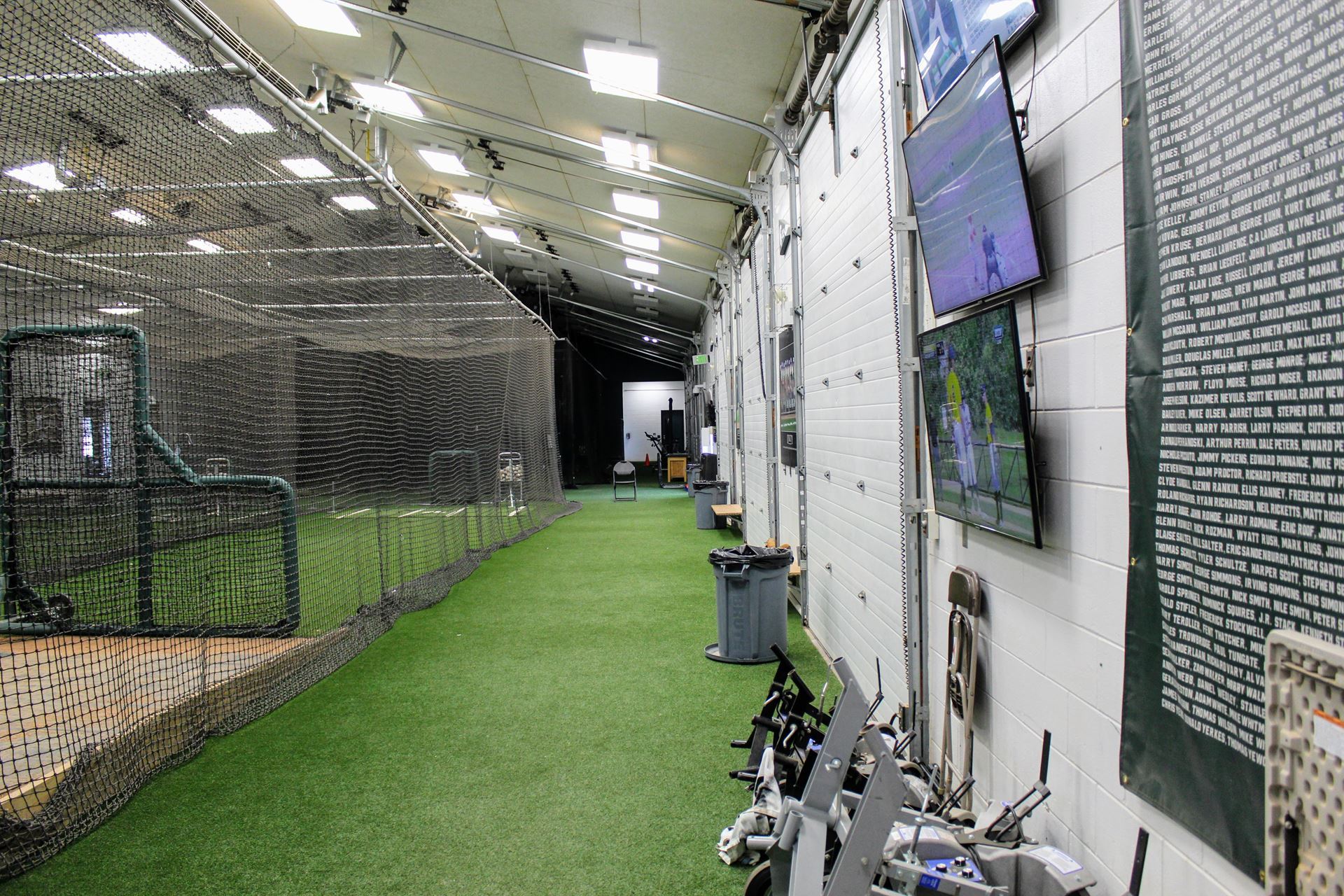
The team was able to open up the inside facility for batting practice during a heavy rain delay during the Diamond Classic.
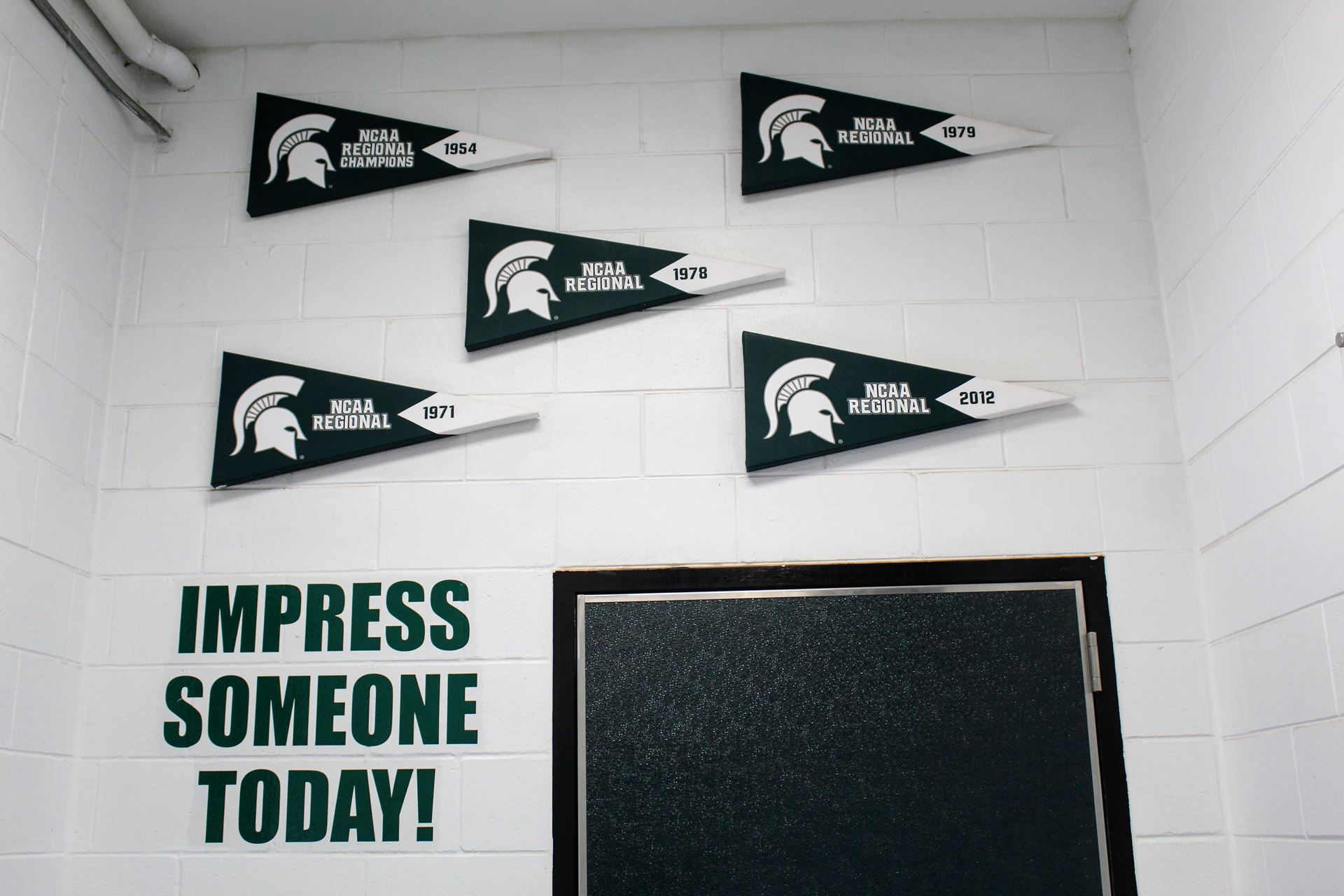
Flynn started his education at Central Michigan University. A book called “Careers in Sports” helped him discover the turf program at MSU.
